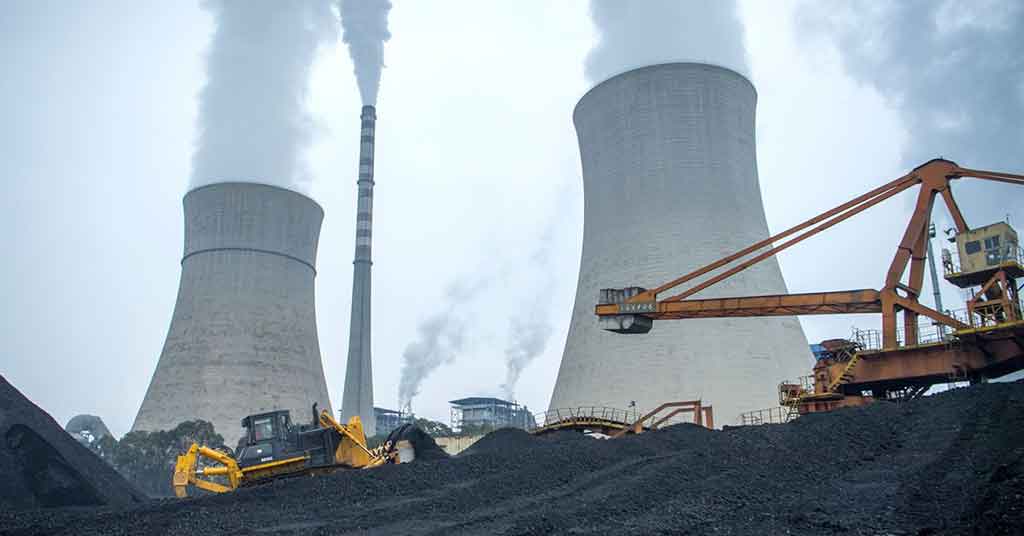Welcome To ChemAnalyst

Germany is preparing to reactivate several mothballed coal plants this winter to ensure the stability of its energy supply during periods of peak demand. The country's Cabinet recently approved an order allowing the reactivation of units owned by RWE and Leag, a move aimed at conserving natural gas and preventing supply shortages during the upcoming heating season.
The decision to bring back these coal plants is driven by concerns about energy security and the need to fill potential supply gaps caused by a combination of factors. The energy crisis that unfolded in 2022 led Germany to increase its reliance on coal-fired power generation as Russia reduced its pipeline gas deliveries to the country. Additionally, the phased closure of Germany's remaining nuclear reactors in the spring is expected to further limit the nation's electricity supply during winter.
However, the reactivation of coal plants carries environmental implications, particularly in terms of carbon dioxide (CO2) emissions. Germany, like many other countries, is committed to reducing its carbon footprint to combat climate change. Reactivating coal plants could potentially undermine these climate goals, as coal-fired power generation is known for its high CO2 emissions.
To address this concern, the German government is pursuing a multi-pronged approach. Firstly, it is working to expand its liquefied natural gas (LNG) infrastructure to bridge energy supply gaps. Secondly, there are plans to construct new gas-powered plants, which can later be converted to use hydrogen, a cleaner energy source. These measures are intended to provide an alternative to coal and help the country transition to a lower-carbon energy mix.
Importantly, the German economy ministry has emphasized that the decision to reactivate coal plants for the upcoming winter will not impact the country's long-term climate targets. Germany remains committed to its climate objectives, including its goal of phasing out coal by 2030 (ideally earlier than the previously set target of 2038). To address the potential increase in CO2 emissions resulting from the reactivation of coal plants, the government has pledged to assess the additional emissions and propose compensatory measures by the summer of the following year.
In addition to the decision regarding coal plants, the Cabinet has approved a series of climate-related measures designed to help Germany move closer to its emissions-reduction target. The country aims to achieve a 65% reduction in emissions by the end of this decade compared to 1990 levels.
The reactivation of coal-fired power plants for the winter season specifically involves two coal blocks from RWE's Niederaussem plant (blocks E and F) and block C of the Neurath plant. In eastern Germany, Leag is expected to bring blocks E and F of its Jaenschwalde lignite plant back into operation. These facilities were operational during the previous winter, placed on standby in July, and can now be fully reactivated until at least March 2024.
We use cookies to deliver the best possible experience on our website. To learn more, visit our Privacy Policy. By continuing to use this site or by closing this box, you consent to our use of cookies. More info.
